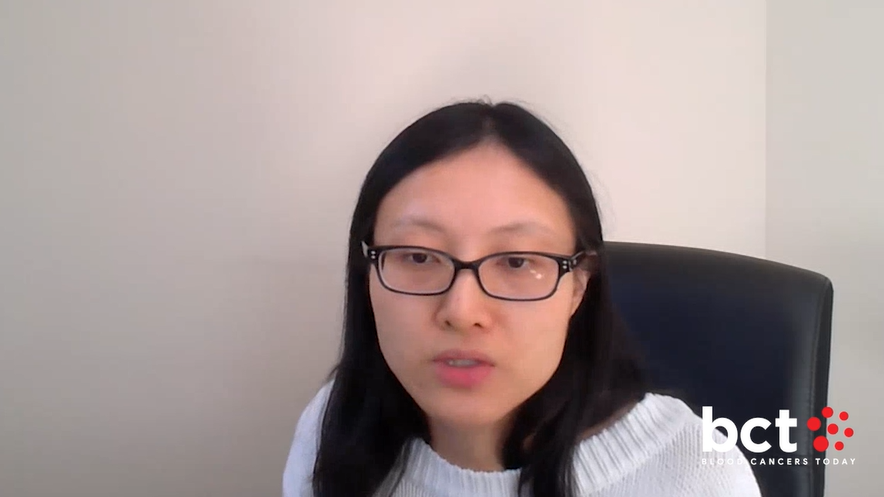
A review article by Shin Yeu Ong, MD, FRCPath, and Jasmine M Zain, MD, of City of Hope Medical Center in Duarte, California, describes the current state of clinical evaluation and management of aggressive T-cell lymphomas. It was recently published in the American Journal of Hematology.
A major theme of the review article is how molecular analysis techniques bring new insights into the pathogenesis of different subtypes of peripheral T-cell lymphoma (PTCL). These insights improve disease diagnosis and risk stratification and help calibrate management according to the specific subtype of PTCL.
“Recent advances in gene expression profiling have found distinct molecular signatures that can define prognosis and point to more rational treatment strategies,” the authors wrote.
The article reviews several major subtypes of aggressive PTCL and NK-cell lymphomas, such as PTCL–not otherwise specified, anaplastic large cell lymphoma, and extranodal NK/T-cell lymphoma. It describes how new molecular data inform how clinicians should use targeted treatments for that particular subtype.
“Increasingly, molecular profiling will improve risk stratification and help to tailor treatment for patients with PTCL,” the authors stated.
Regarding upfront management, the authors cite data to illustrate how outcomes in certain disease subtypes are improved if particular treatment combinations are used. They also describe situations where, and in what combinations, chemotherapy is used, as well as compare autologous and allogeneic stem cell transplantation.
“High-dose chemotherapy and [autologous transplant] have been used as a consolidation strategy in eligible patients with chemosensitive disease leading to some improvement in outcomes in nodal histologies based on several studies, and attainment of [complete remission] prior to transplant is prognostic for improved [overall survival],” the authors wrote regarding upfront intervention. They note, however, that the curative approach for most aggressive subtypes of PTCL is allogeneic transplant.
The authors establish that there is currently no standard of therapy for relapsed or refractory PTCL and recommend that clinical trials be considered in such cases. However, they detail how certain novel agents, such as brentuximab vedotin and anaplastic lymphoma kinase inhibitors, are used in trials. They also overview off-label and investigational agents used in PTCL management, such as phosphatidyl inositol-3-kinase inhibitors, anti-CD25 antibody, and cellular therapy.
“Numerous agents grounded in targeting pathways or alterations related to pathogenesis have shown promise especially in relapsed or refractory disease that are valuable to facilitate bridging to allogeneic transplant,” the authors concluded.
Reference
Ong SY, Zain JM. Aggressive T-cell lymphomas: 2024: Updates on diagnosis, risk stratification, and management. Am J Hematol. 2024;99(3):439-456. doi:10.1002/ajh.27165













 © 2025 Mashup Media, LLC, a Formedics Property. All Rights Reserved.
© 2025 Mashup Media, LLC, a Formedics Property. All Rights Reserved.